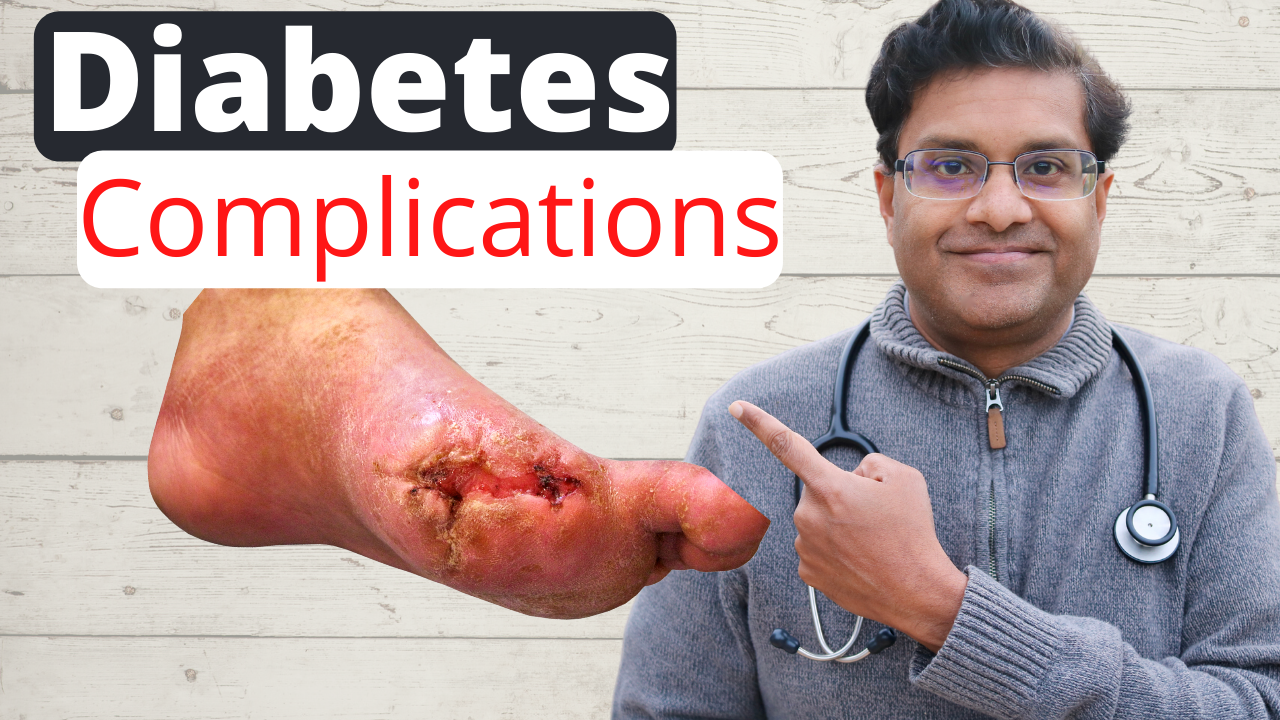What is Ramipril?
Ramipril is a prescription medication used to treat high blood pressure. It belongs to a family of medications called ACE-Inhibitors. The brand name is Altace.
How does Ramipril work?
Ramipril relaxes and widens your blood vessels and in this way the heart can pump blood to various organs and around your body.
What is else is Ramipril used for?
Ramipril lowers your blood pressure. It is also used after a heart attack to improve survival. It can be also used in patients with risk factors such as diabetes and cardiovascular disease to prevent heart attacks or strokes. Moreover, it can also be used to protect your kidneys if you are a diabetic.
Dosing and administration?
In comes in the form of capsules and the generic version are in the following doses:
- 1.25mg, 2.5mg, 5mg, 10mg
Usually, you are started on 2.5mg daily unless you are on a diuretic.
Then the starting dose would be 1. 25mg.
Now, depending on the co-morbidity your health care provider will be taking care such as heart failure after a heart attack, stroke prevention or heart attack prevention the doses can be titrated up monitoring for side effects.
If you have kidney impairment the dose would have to be adjusted. The recommendation would be if your creatinine clearance is less than 40mL/minute 25% of the normal dose is to be taken.
10 Tips for taking Ramipril:
- This medication is usually taken once a day. Sometimes your health care provider might want to divide the doses up to two doses for better effect and based on tolerability. The medication can be taken with or without food.
- When you are getting up from a sitting or lying potion take your time especially when you are starting the medication to avoid drops in blood pressure or dizziness especially when you start taking this medication. These symptoms should not persist after a few days. Take your time when you are going up and down stairs.
- If you are experiencing episodes of low blood pressure during the day, consider taking this medication at nighttime after talking to your health care provider.
- The advantage of a capsule is that you can open it up and add its contents to water or applesauce if swallowing capsules provides any challenges to you. However, do not chew or crush the medication. If you swallow it, swallow it whole.
- This medication takes about 4-6 hours for its full peak effect, but you should notice a decrease in blood pressure within the first hour.
- Make sure to have regular blood draws whilst on this medication as it can affect your renal parameters as well as can increase your potassium. If your potassium is too high, it and lead to arrythmias. For this very reason do not use salt substitutes when taking this medication as they are high in potassium. Check with your doctor before use if you are not sure.
- Do not take this medication if you are pregnant or thinking of become pregnant as it can cause fetal malformations as this medication can cross the placenta.
- If you are a diabetic and are on Ramipril it can cause your blood sugar to drop more than expected. Especially when you are starting off start regularly check your blood sugars.

- If you suddenly develop a swelling of your face, lip, have difficulty swallowing and breathing call your doctor immediately or go to the emergency room ASAP.
- Some individuals develop a dry, hacking cough while on this medication. This does resolve once you are off the medication. Typically, it takes about 3-4 weeks for the cough to resolve. With certain individuals it can take up to three months. If you are interested in another ACE-Inhibitor and tips to stop this type of cough, click right here.
What are the most common side effects?
All medications cause side effects, and some patients won’t experience any or only mild side effects. Others may have side effects and therefore you would need to talk to your healthcare provider if you are experiencing any. This list is by no means exhaustive but lists the most common side effects.
- Low blood pressure(11%)
- Cough (8-12%)
- Angina pectoris (< 3%)
- High potassium (1%)
- GI side effects such as N&V and diarrhea (1-2%)
- Faints (2%)
- Weakness (<2%)
- Increased renal parameters (1%)
- Low hemoglobin and hematocrit (<1%)
Have a good day and think your health.
Sources:
- 1)https://www.accessdata.fda.gov/drugsatfda_docs/label/2013/019901s060lbl.pdf
- 2)https://www.drugs.com/tips/ramipril
- 3)https://www.nhs.uk/medicines/ramipril/







